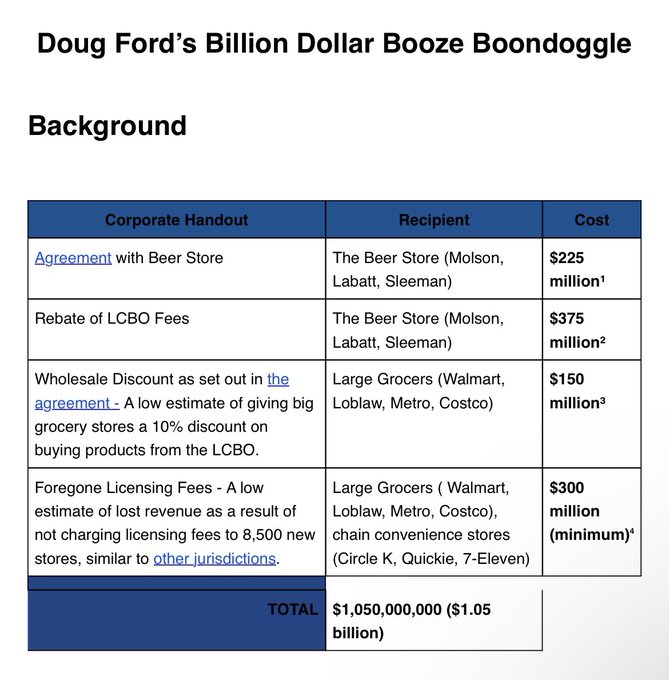Last year I wrote a fairly long article on why everything was being privatized: Western elites are in a duel where those who lose are squeezed out of the actual elite. They may still be rich, but they don’t have power. This duel is particularly dire in the US and the UK, but affects all Western countries to some extent and Anglo countries severely.
Since the real economy isn’t growing as much as it used to (and certainly less than measured), they have to steal from the commons and from government.
Consider the British Mail privatization of 2015, done by the Conservatives and the Liberals: the mail service had been owned by the Crown for five hundred years. Britain has privatized all its railways. Service has gone to shit. More literally gone to shit is the water system, where millions of tons of raw sewage are being dumped into Britain’s rivers and coast, while the water utilities pay massive dividends.
In Ontario, where I live, alcohol sales were, for generations, restricted to the “Liquor Control Board of Ontario” and the “Beer Store.” Are most recent Prime Minister, ex-drug dealer (this isn’t a slur, it’s a fact) Doug Ford, has reduced the duopoly, and continues to do so. The most recent step is to allow corner stores to sell beer. Thing is, the LCBO and Beer store routinely make billions for the government.

(The Beer Store is run by Ontario’s brewers, they had a contract that ended in 2025 and the 225 million is buying out that contract early)
So this is going to cost Ontario a low estimate of 800 million or so a year. There’s also the fact that the LCBO and Beer Store are very good at checking IDs, so there’ll be a lot more under-age drinking, though I personally don’t care all that much. But social conservative types, one would think, would.
Ontario, since Covid, has a huge problem with hospital waiting times, both for emergency and regular services. Perhaps instead of giving away government money, Ford should spend it on that?
But the point is simple: this is privatization of profits, and ordinary people will pay for it: it has to result in increased taxes, reduced spending or increased public debt.
You get what you support. If you like my writing, please SUBSCRIBE OR DONATE
